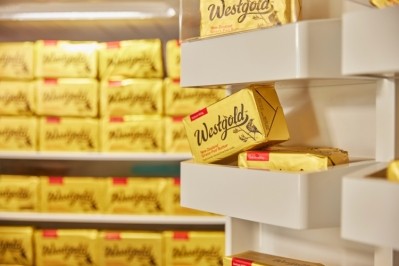Westland to invest in carbon emissions reductions

Westland will invest a total of NZ$3,216,000 (US$2.31m), including NZ$1,768,800 (US$1.27m) from the GIDI Fund, administered by EECA (the Energy Efficiency and Conservation Authority), to reduce the Hokitika plant’s 116,000 tonnes of annual carbon emissions as part of work to be completed by October next year.
“This is an important step in our journey towards a low-carbon future,’’ Westland CEO Richard Wyeth said.
“This co-investment will allow us to reduce our emissions produced by our boilers immediately. Westland is very conscious of our responsibilities to the region and the role we need to play in navigating the path towards a low-carbon future.
“The West Coast faces particular challenges when it comes to decarbonizing our local industries but we look forward to working with the Government to identify future alternative energy sources as we transition to that future.’’
Wyeth said two stages of work on technology solutions would allow annual carbon emissions produced by the factory to be reduced by 7% from 116,000 tonnes to 107,560 tonnes.
Work has already begun on the project, which involves installing new heat exchangers to recover more heat from coal-fired boilers used in milk pasteurization. Heat recovered by the exchangers will be reused for energy consumption, reducing the amount of coal the factory requires to run its boilers.
Energy efficiency projects will be progressed alongside the installation of the heat exchangers, including projects that will allow combustion air to be preheated, and heat to be collected from the refrigeration engine room and air compressors to preheat the cold-water feed to the boilers.
New control mechanisms to better manage product flow across the heat exchangers will also enable better energy efficiency by reducing the amount of steam produced and therefore lost to evaporation rather than energy reuse.
The work will involve the use of local engineering firms as part of the fund’s guidelines to keep jobs in the region, stimulate the local economy and support local employment as part of the Government’s Covid Response and Recovery Project.
Details of GIDI Fund recipients were announced last week by Minister of Energy and Resources Dr Megan Woods.






